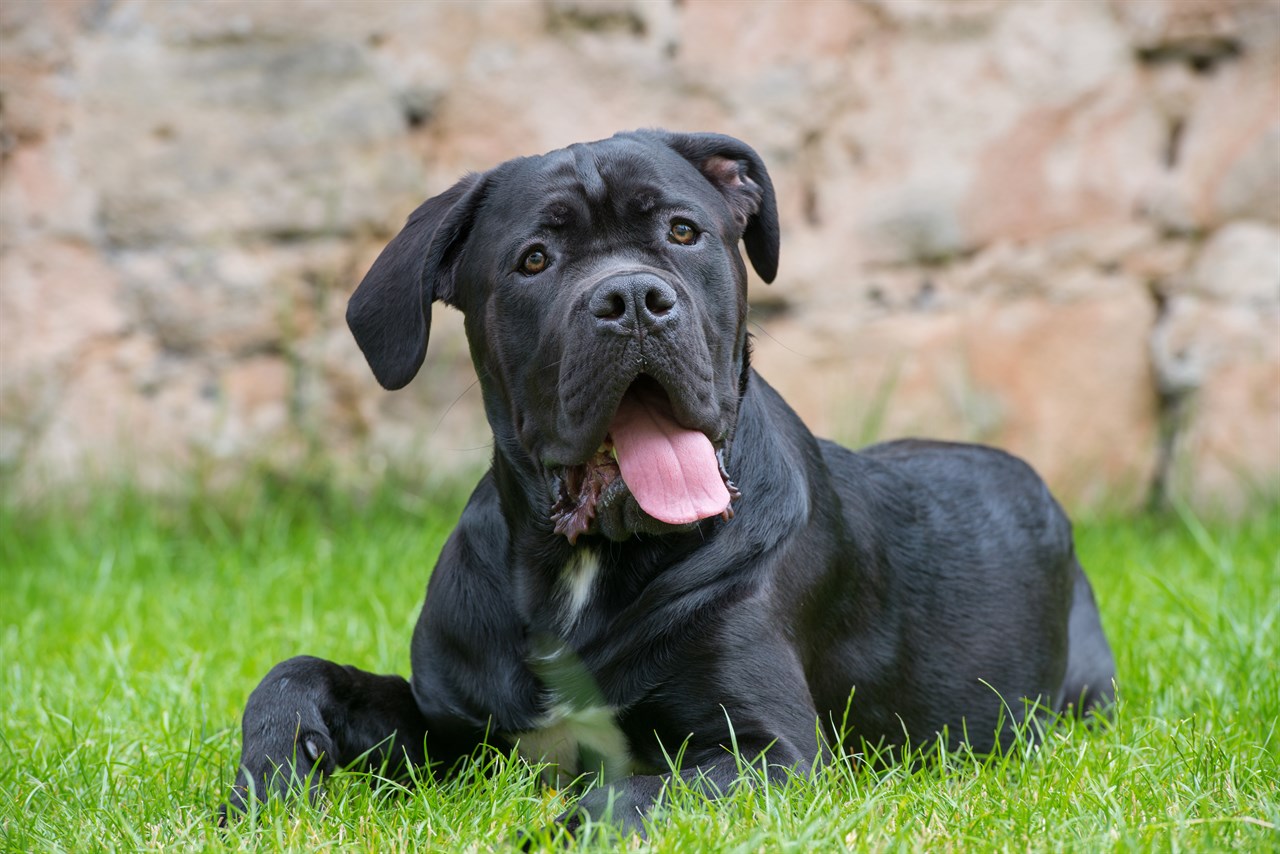Feeding Habits and Food Requirements of the Italian Corso Dog

Proper nutrition is essential to maintain the health and well-being of your Italian Corso Dog, or Cane Corso. These dogs have specific feeding habits and dietary needs that should be considered to keep them in top condition.
High-Quality Dog Food
Choose a high-quality commercial dog food that meets the nutritional standards set by reputable organizations like the Association of American Feed Control Officials (AAFCO). Look for dog food specifically formulated for large breeds, as Cane Corsos fall into this category.
Life Stage and Size
The type of dog food you provide should be appropriate for your Cane Corso's life stage (puppy, adult, or senior) and size (large breed). Puppies require a diet designed to support growth, while adults need maintenance-level nutrition. Senior dogs may benefit from specialized senior formulas.
Portion Control
Follow the feeding guidelines provided on the dog food packaging, but keep in mind that individual dogs may have different needs based on factors like age, activity level, and metabolism. Monitor your Cane Corso's weight and adjust portion sizes as needed to maintain a healthy body condition.
Scheduled Meals
Establish a regular feeding schedule for your Cane Corso. Most dogs do well with two meals a day, but some may thrive on one larger meal. Consistency in meal timing helps regulate their digestion and can assist in housebreaking.
Avoid Overfeeding
Cane Corsos have a tendency to gain weight if overfed or not given enough exercise. Avoid excessive treats and table scraps, as these can contribute to weight gain and digestive issues.
Monitor Water Intake
Ensure your Cane Corso has access to fresh, clean water at all times. Large dogs like Cane Corsos can be prone to dehydration, so monitor their water intake, especially during hot weather or after physical activity.
Protein and Fat
Look for dog food that contains an appropriate balance of protein and fat. Protein is crucial for muscle development, while fat provides energy. However, avoid excessive fat levels that can lead to obesity.
Avoid Large Breed-Specific Concerns
Large breed dogs like Cane Corsos are prone to certain health issues, including hip and elbow dysplasia. Some experts recommend feeding a diet with controlled calcium and phosphorus levels to reduce the risk of skeletal problems. Consult your veterinarian for specific dietary recommendations.
Regular Vet Check-ups
Schedule regular veterinary check-ups to monitor your Cane Corso's overall health and nutritional needs. Your vet can help you make dietary adjustments if necessary and address any specific health concerns.
Special Dietary Considerations
If your Cane Corso has allergies, sensitivities, or specific dietary requirements, work with your vet to choose an appropriate diet. Specialized diets may be needed for dogs with food allergies or sensitivities.
Avoid Toxic Foods
Be aware of foods that are toxic to dogs, such as chocolate, grapes, raisins, and certain artificial sweeteners like xylitol. Keep these foods out of reach to prevent accidental ingestion.
Proper feeding habits and a balanced diet are essential to ensure your Italian Corso Dog remains healthy and maintains an ideal body condition. Tailoring their diet to their specific life stage and size, along with regular vet consultations, will help ensure they receive the nutrition they need to thrive.
Cane Corso puppies for sale
- Find Cane Corso puppies for sale in ACT
- Find Cane Corso puppies for sale in NSW
- Find Cane Corso puppies for sale in NT
- Find Cane Corso puppies for sale in QLD
- Find Cane Corso puppies for sale in SA
- Find Cane Corso puppies for sale in TAS
- Find Cane Corso puppies for sale in VIC
- Find Cane Corso puppies for sale in WA